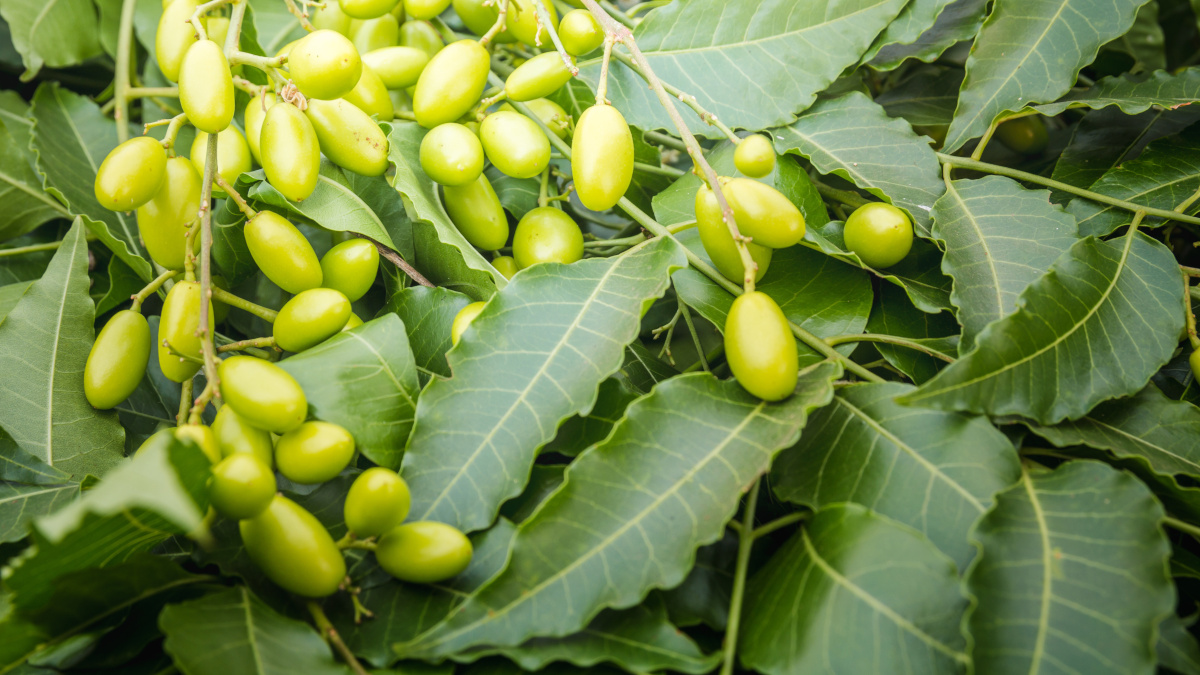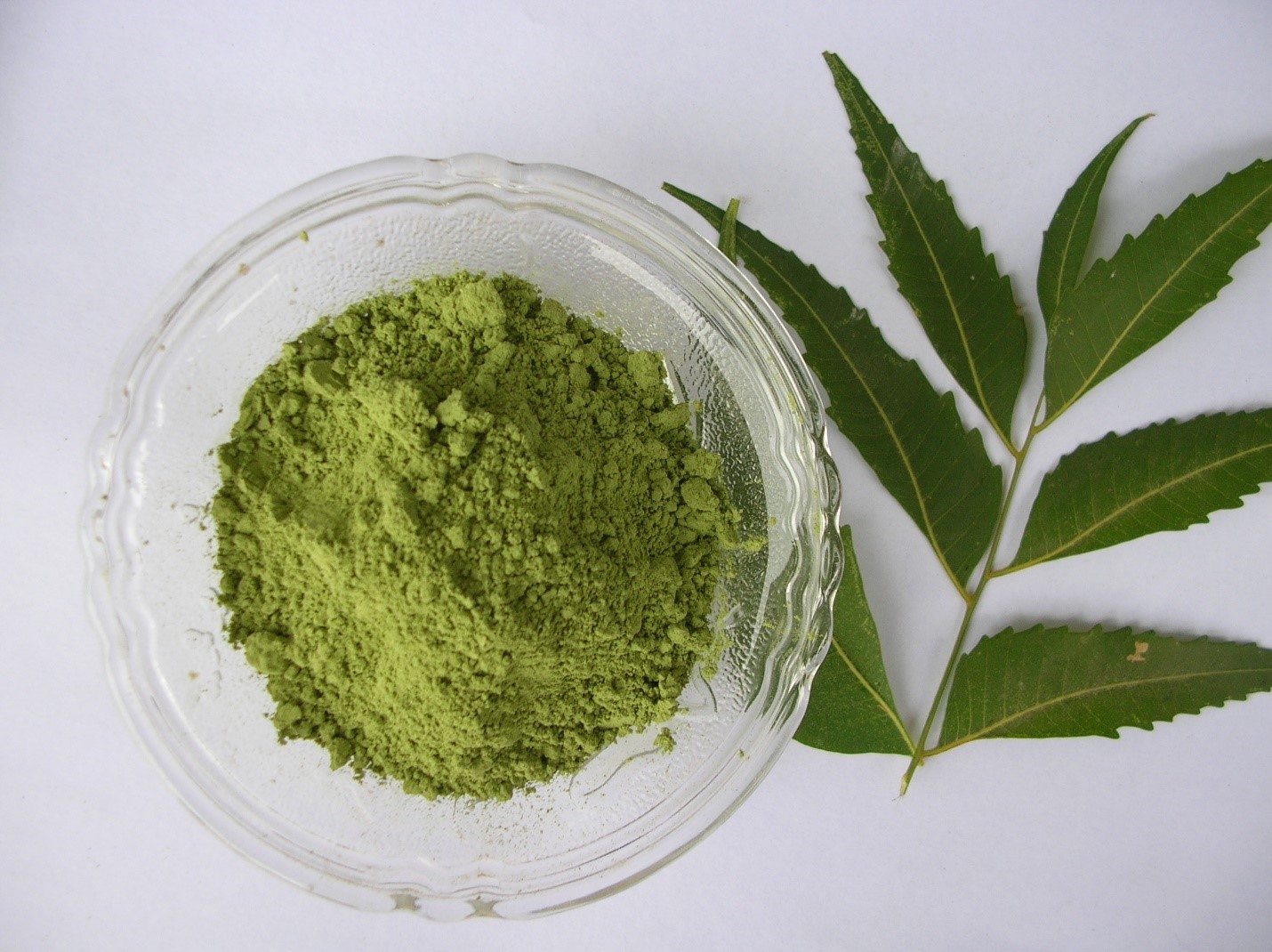Neem powder for plants emerges as a formidable natural solution in the realm of gardening, offering a wealth of benefits for plant growth and health. Its insecticidal and antifungal properties make it an effective weapon against pests and diseases, while its versatility extends to soil enrichment and foliar sprays.
Unveiling the remarkable powers of neem powder, this comprehensive guide delves into its applications, advantages, and practical tips for harnessing its full potential in organic gardening.
Neem Powder Benefits for Plants: Neem Powder For Plants

Neem powder, derived from the neem tree (Azadirachta indica), has been widely recognized for its remarkable benefits in promoting plant growth and health. Its insecticidal and antifungal properties make it an effective natural remedy for various plant ailments.
Insecticidal Properties
- Neem powder contains compounds called azadirachtin and nimbin, which act as potent insecticides. These compounds disrupt the growth and development of insects, making them unable to feed or reproduce.
- Azadirachtin, in particular, has been shown to be effective against a wide range of pests, including aphids, whiteflies, thrips, and caterpillars.
- Neem powder can be applied as a spray or dust to the foliage of plants, where it acts as a repellent and deterrent against insect infestations.
Antifungal Properties
- Neem powder also exhibits antifungal properties, which help protect plants from fungal diseases.
- Compounds like nimbidin and nimbin have been found to inhibit the growth and spread of fungi that cause powdery mildew, rust, and leaf spot.
- Applying neem powder to the soil around plants can help suppress soil-borne fungal pathogens that can damage roots and stems.
Improved Plant Yield, Neem powder for plants
- By controlling insect pests and fungal diseases, neem powder can significantly improve plant yield.
- Healthy plants are able to produce more flowers, fruits, and vegetables, leading to increased crop yields.
- For example, studies have shown that neem powder application can increase tomato yield by up to 30% and cucumber yield by up to 25%.
Using Neem Powder as a Pesticide

Neem powder possesses potent insecticidal properties, effectively repelling and controlling various pests. To harness its benefits, neem powder solutions can be prepared for targeted application.
Preparation of Neem Powder Solutions
1. Foliar Spray: Mix 1 tablespoon of neem powder per gallon of water. Agitate thoroughly to dissolve the powder completely.
2. Soil Drench: Dilute 1 tablespoon of neem powder in 2 gallons of water. Stir well and apply around the base of plants.
Application Tips
1. Apply neem powder solutions in the early morning or evening when pests are less active.
2. Spray or drench plants thoroughly, ensuring coverage of both the upper and lower surfaces of leaves.
3. Repeat applications every 7-10 days, especially during periods of heavy pest infestations.
Advantages of Using Neem Powder as a Pesticide
1. Natural and Organic: Neem powder is derived from the neem tree, making it an eco-friendly and safe alternative to synthetic pesticides.
2. Broad-Spectrum Control: Neem powder effectively repels and controls a wide range of pests, including aphids, thrips, whiteflies, and caterpillars.
3. Systemic Action: When applied to the soil, neem powder is absorbed by plants and translocated throughout their tissues, providing systemic protection against pests.
4. Low Toxicity: Neem powder is relatively non-toxic to humans and animals, making it suitable for use in gardens and around homes.
Disadvantages of Using Neem Powder as a Pesticide
1. Short Residual Activity: Neem powder has a relatively short residual activity, requiring frequent applications to maintain effectiveness.
2. Odor: Neem powder has a strong, pungent odor that some people may find unpleasant.
3. Phytotoxicity: In high concentrations, neem powder can cause leaf burn in certain sensitive plants. Therefore, it is important to follow the recommended application rates carefully.
Neem Powder Applications in Gardening
Neem powder is a versatile and effective natural pesticide and fertilizer for organic gardening. It can be used in various ways to promote plant health and protect against pests and diseases.
Incorporating Neem Powder into Soil and Compost
Mixing neem powder into the soil provides long-lasting protection against soil-borne pests and diseases. It also enriches the soil with nutrients and improves its structure. When adding neem powder to soil, use a ratio of 1 pound per 100 square feet of garden space. For compost, add 1 pound of neem powder per cubic yard of compost.
Using Neem Powder as a Foliar Spray
Foliar sprays made with neem powder can be applied directly to plant leaves to control pests and diseases. To make a neem foliar spray, mix 1 tablespoon of neem powder with 1 gallon of water. Add a few drops of liquid soap to help the solution adhere to the leaves. Spray the solution on the leaves, stems, and undersides of the plants.